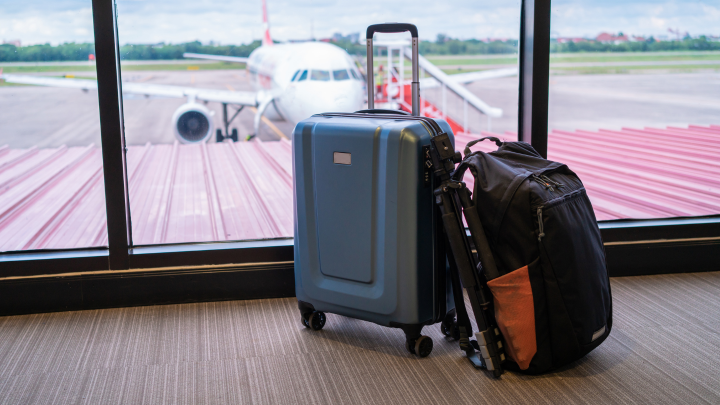Fire Myths Debunked
Do you REALLY know fire? Be aware of fire facts, myths and realities to protect the ones you love.
It won’t happen to me
Reality: Everyone is at risk! According to Fire Prevention Canada, fires claim the lives of eight Canadians every week.
Myth: Pets can sense danger and usually escape a fire
Reality: Household pets are very vulnerable to fires. Smoke can damage the lungs of a dog or cat in minutes, and sparks can cause painful burns that can remain undetected under the fur.
Myth: Fire spreads slowly and takes a long time to get out of control
Reality: In under 30 seconds, a small flame can get completely out of control and turn into a major fire. It takes only minutes for a house to fill with black smoke and become engulfed in flames.
Myth: Small, decorative candles do not pose a real fire risk
Reality: Candle fires have nearly tripled from a decade ago. Even a small candle can start a major fire. NEVER leave candles unattended.
Myth: In a fire, the flames are the greatest threat
Reality: Forget what you’ve seen in the movies, real fires produce large amounts of thick, black smoke that obscures vision, causes nausea and may lead to unconsciousness and death. Smoke is full of toxic by-products, including carbon monoxide. These poisonous gases are responsible for most deaths and injuries in fires, not the actual flames.
Myth: Most fires happen in industrial buildings and wooded areas
Reality: Seven out of ten fires in Canada start at home. More fires begin in the kitchen than in any other room in the home. In fact, cooking equipment, most often a range or stovetop, is one of the leading causes of home fires in Canada.
Myth: Leaving the kitchen briefly while food is cooking is safe
Reality: Most kitchen fires occur because people get distracted and leave their cooking unattended. It takes seconds for a pot or pan to spatter grease or overheat; creating a fire that can quickly spread. Cooking fires are the number one cause of home fires and home fire injuries.
Myth: Most children know not to play with matches
Reality: Children are naturally curious, and this can be dangerous. Hundreds of children die or are seriously injured in fires each year in North America. Children are much more likely to be injured in a fire than adults.
Myth: Kids will instinctively run from fire and escape a burning home
Reality: When children see smoke or fire, they often try to hide instead of flee. Smoke can overcome a child very quickly. Parents need to teach children fire safety and escape plans, and practice with them regularly. As well, test the smoke alarm with your children present so they can recognize the sound, as studies show this can help them wake up in a real emergency!
POPULAR POSTS
-
 January 11, 2025Planning a Trip? Don’t Forget Travel Insurance
January 11, 2025Planning a Trip? Don’t Forget Travel Insurance -
 November 15, 2024Why High Net Worth Individuals Need Specialized Home Insurance
November 15, 2024Why High Net Worth Individuals Need Specialized Home Insurance -
 December 5, 2024How to Read and Understand Your Insurance Policy Like a Pro
December 5, 2024How to Read and Understand Your Insurance Policy Like a Pro -
 January 2, 2025New Year, New Coverage
January 2, 2025New Year, New Coverage



























